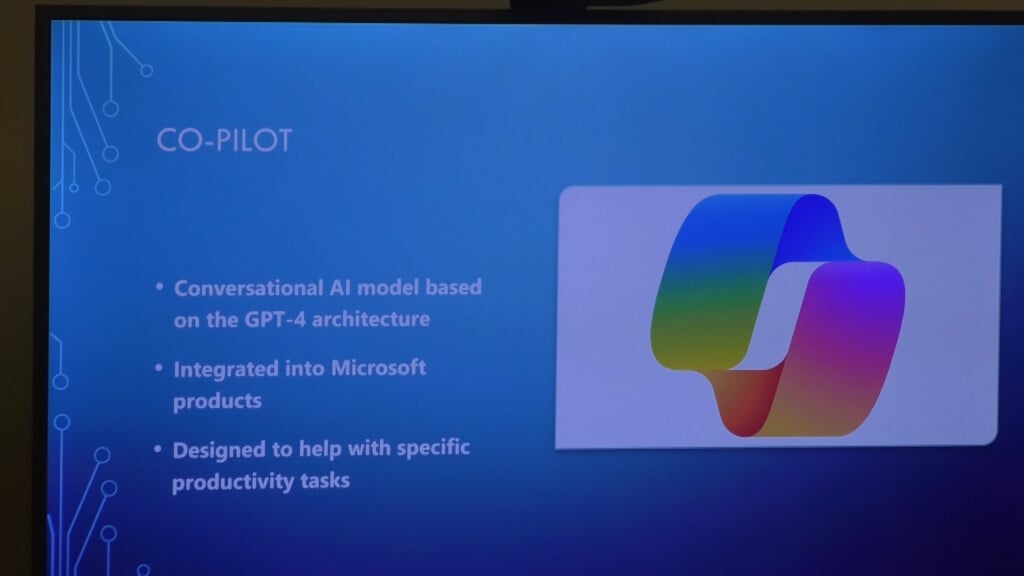Making the decision to try juveniles as adults
COLUMBUS, Miss. (WCBI) – It’s a story that’s gaining national attention.
A 14-year-old Alabama boy confessed to the killing of five family members earlier this week.
The tragic incident happened in Elkmont.
The teen now faces five juvenile counts of murder.
“It’s just dangerous that anybody at that age goes out and kills people,” said Dennis Harmon, who’s been practicing law in Alabama and Mississippi for more than three decades.
In 2012, Evan Miller became the youngest person in Alabama to be charged and convicted of murder.
He was only 14 years old.
Miller’s case would go all the way to the Supreme Court and change the punishments for these cases.
Justices ruled that mandatory sentences of life without parole for juvenile offenders violated the 8th amendment of the Constitution, giving judges and juries more flexibility in sentencing.
“You have to give them another time for being found guilty,” said Harmon. “They can give them let’s say, 50 years, 70 years, etc., but you can’t say you’re there for the rest of your life.”
Harmon said major felonies such as murder, robbery, and kidnapping are just a few charges that can get a juvenile tried as an adult.
“The one thing you’ve got to do is evaluate mentally,” the long-time lawyer explained. “What is this child. Does he or she understand anything? If they understand anything, then you have to treat them and punish them just like you would an adult.”
In this most recent case out of Elkmont, since the suspect is also 14-years-old and is accused of murder, the case fits that same description as the Miller vs Alabama case.
While Harmon said it’s likely the Limestone County teen will have his charged upgraded, ultimately, it’s up to a judge to decide whether a juvenile should be tried as an adult, and the state decides what their punishment will be if they are found guilty.
“That’s a hard decision with the judge about whether or not I’m going to treat him or her as an adult or as a child, and then how much to go,” said Harmon.
According to Harmon, it’s common for most cases to start out as juvenile cases, then have the charges upgraded once they get to court.
The youngest person charged as an adult in Mississippi was 13.





Leave a Reply